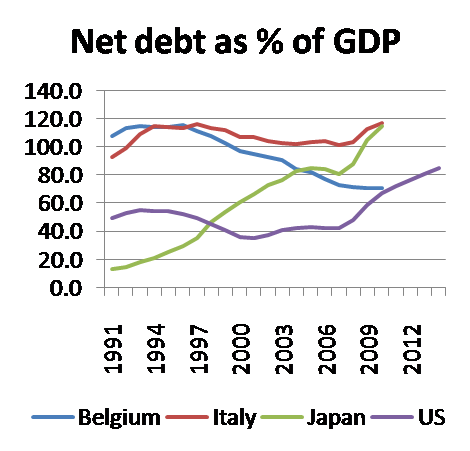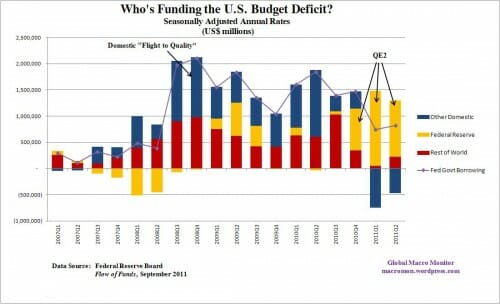California Creates Another Setback of Unskilled Workers -- And Possibly A Setback for Immigrant Integation
It appears that California is going to increase its state minimum wage to $15 in steps over the next five or six years. This is yet another body blow for unskilled workers in the state. As I wrote a while back, it is already overly difficult to build a business based on unskilled labor in that state, and increasing the price people have to pay for that labor by 50% is only going to make things worse. It is possible low-skill workers in large wealthy cities like San Francisco will be OK, as service businesses are still going to want to be there to access all that wealth, and will just raise their prices even higher to account for the higher wages. For laborers in rural areas that are already suffering from high unemployment, the prospects are not very bright.
As most readers know, we run a service business operating campgrounds across the country, including a number in California. Over the last years, due to past regulation and minimum wage increases, and in anticipation of further goofiness of this sort, we exited about 2/3 of our business in California.
Our problem going forward is that in rural locations, sometimes without even electricity or cell phone service on site, we have simply exhausted all the productivity measures I can think of. There appears to be a minimum amount of labor required to clean a bathroom and do landscaping. Which leaves us the options of exiting more businesses or raising prices. Most of our customers in California are blue collar rural folks whose lot is only going to be worse as a result of these minimum wage increases, and so I am not sure how far they will be able to bear the price increases we will need to cover our higher costs. Likely we will keep raising prices until customers can bear no more, and then exit.
By the way, the 5-6 year implementation time is a frank admission by the authors of the law, not matter what they say in pubic to the contrary, that they know there will be substantial negative employment effects from the minimum wage increase. They are hoping that by spreading it out over several years, those negative effects will lost in the noise of economic fluctuations. The Leftist playbook is to do something like this that trashes the earnings of the most vulnerable low-skilled workers, and then later point to the income inequality of those low-skilled workers as a failure of free markets.
On a related note, one of the more interesting things I have read lately is this comparison of successful integration of Muslim immigrants in the US vs. poor integration in Europe. Alex Tabarrok raises the hypothesis that high minimum wages and labor market rigidity in Europe may be an important factor in reducing immigrant integration. He quotes from the OECD:
Belgian labour market settings are generally unfavourable to the employment outcomes of low-skilled workers. Reduced employment rates stem from high labour costs, which deter demand for low-productivity workers…Furthermore, labour market segmentation and rigidity weigh on the wages and progression prospects of outsiders. With immigrants over-represented among low-wage, vulnerable workers, labour market settings likely hurt the foreign-born disproportionately.
…Minimum wages can create a barrier to employment of low-skilled immigrants, especially for youth. As a proportion of the median wage, the Belgian statutory minimum wage is on the high side in international comparison and sectoral agreements generally provide for even higher minima. This helps to prevent in-work poverty…but risks pricing low-skilled workers out of the labour market (Neumark and Wascher, 2006). Groups with further real or perceived productivity handicaps, such as youth or immigrants, will be among the most affected.
In 2012, the overall unemployment rate in Belgium was 7.6% (15-64 age group), rising to 19.8% for those in the labour force aged under 25, and, among these, reaching 29.3% and 27.9% for immigrants and their native-born offspring, respectively.
Wow, I guess it is sure lucky California does not have a very large immigrant population. Oh, wait....


